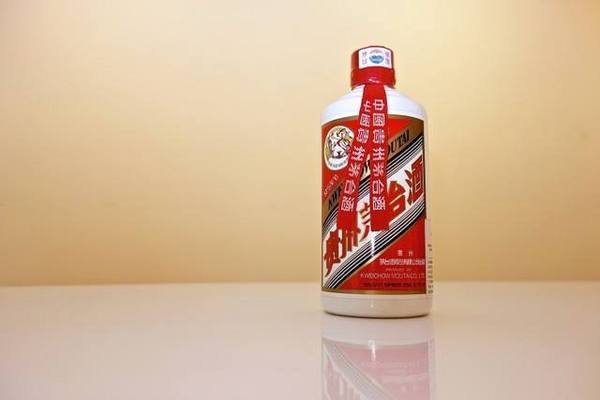
In Baijiu Veritas

In Baijiu Veritas
Baijiu in Inner Mongolia
If you’re a guest in China and don’t want to get screaming drunk at a dinner party, it’s best not to drink at all. Otherwise, you run the risk of finding yourself trapped by courtesy, with the choice of either refusing a cheers, thereby offending your host, or being strong-armed into one of those out-of-your-head, puke-on-the-sidewalk, how-did-I-get-home extravaganzas.
As an old Chongqingese friend explained to me on the occasion of his sixtieth birthday, this phenomenon boils down to a question of honesty. A guest must drink in good faith. If you stop after one beer when the host knows (or believes) you can handle ten, he will think you rude at best, or at worst, a cheat and a fraud.
To string you along after you’ve had your fill, the host may offer a toast to the health of your parents. Who would turn that down? Or to your children’s prosperity, or to friendship between your countries. What sort of pervert wouldn’t dry his cup on behalf of world peace?
That’s not to say there’s never a way out.
My friend recalled a business trip to Inner Mongolia, where hard drinking, like physical strength, signals manhood. A long-time client had slaughtered a lamb in honor of his visit, and bottles were scattered around the table awaiting attention. At the host’s request, he took as much as he could manage, downing clear spirits Mongolian-style from a teabowl, and was only able to beg off further toasts by vomiting in the presence of a witness, which proved he hadn’t held anything back but followed through to the limits of his tolerance.
But sometimes you have no choice but to drink what you are asked, and to hell with tomorrow.
Decades ago, when mainland China was newly opened to private entrepreneurship, my friend and his assistant had a meeting with a general of the People’s Liberation Army on a deal that had the potential to make or break his fledgling business. The conversation went well, with the two sides seemingly arriving at an agreement, when, moments before touching pen to paper, the general announces he has some other matters to attend to, and why doesn’t his secretary treat the two of them to a meal?
Out they go. The secretary orders several liters of beer to wash down the food, and when they are emptied, puts in a call for more, until the whole party is maudlin and loose-witted—and right then, the general appears at the head of a uniformed entourage. “You’ve been drinking beer?” he says. “No different from water! If we’ll drink, let’s drink properly.”
My friend knows what this means. He lifts his hands and pleads he’s had enough, but that’s the same excuse an unscrupulous businessman would give if he had something to hide, so the general hauls out a bottle of truth serum—baijiu, a wicked sorghum vodka that tastes the way mulch smells—and presents the following conditions: “We’ll split this bottle three ways. One third for me, one third for you, and you may designate a member of my party for the remainder. Once we are finished, we’ll sign the contract.”
Feeling his capacity for critical thought beating a rapid retreat, my friend is in no condition to split hairs, so he agrees, although with the amendment that when his portion alone is finished, the contract may be signed. And so the baijiu is divvied into tall glass tumblers, and the drinkers stand for the first toast—and my friend makes his big play, for it’s now or never.
He says: “You drink as you like, but I’ll take mine bottom’s up!” and pours the entire glass down his throat all in one go. Then he collapses into his chair, gasps to his assistant: “Sign the contract,” and slides to the ground to remember nothing more.
The next day when he awoke, his first woozy thought was to ask about the deal—only to find his assistant beside him with contract in hand, signed and notarized, though rippled and still pungent from the splashes of yesterday’s baijiu.